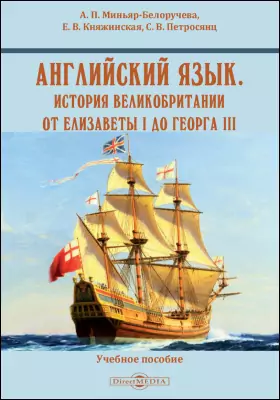Английский язык. История Великобритании от Елизаветы I до Георга III : для студентов бакалавриата, обучающихся по направлению подготовки «История», изучающих новую и новейшую историю Великобритании и историю международных отношений
Автор: Алла Миньяр-Белоручева, Елена Княжинская, Светлана Петросянц
Форматы: PDF
Издательство: Директ-Медиа
Год: 2021
Место издания: Москва|Берлин
ISBN: 978-5-4499-2626-5
Страниц: 156
Артикул: 90152
Возрастная маркировка: 16+
Краткая аннотация книги "Английский язык. История Великобритании от Елизаветы I до Георга III"
Данное учебное пособие по английскому языку направлено на усвоение профессионально ориентированного языка историка. На материале оригинальных работ англоязычных историков студенты (бакалавры) отрабатывают лексико-грамматический материал и развивают языковую, речевую и профессиональную компетенцию. Учебное пособие предназначено для студентов бакалавриата, обучающихся по направлениям подготовки «История», «Политология», «Международные отношения», «Глобалистика», а также для всех желающих изучать английский язык самостоятельно.
Содержание книги "Английский язык. История Великобритании от Елизаветы I до Георга III"
ВВЕДЕНИЕ
Unit 1. EMPIRE AND GLOBALIZATION. ANGLOBALIZATION
Unit 2. THE STUARTS
Unit 3. WHITE PLAGUE
Unit 4. TOWARD ENGLISH REVOLUTION
Unit 5. CIVIL WAR
Unit 6. THE RESTORATION
Unit 7. BLACK AND WHITE
Unit 8. PIRATES
LITERATURE
Все отзывы о книге Английский язык. История Великобритании от Елизаветы I до Георга III : для студентов бакалавриата, обучающихся по направлению подготовки «История», изучающих новую и новейшую историю Великобритании и историю международных отношений
Отрывок из книги Английский язык. История Великобритании от Елизаветы I до Георга III : для студентов бакалавриата, обучающихся по направлению подготовки «История», изучающих новую и новейшую историю Великобритании и историю международных отношений
73 In 1765 Parliament passed the Stamp Act, which meant that everything from newspapers to playing cards had to be printed on specially stamped — and hence taxed — paper. The projected revenue-was not immense: £110,000, nearly half of it coming from the West Indies. But the tax proved so unpopular that the minister who introduced it, George Grenville, was forced to resign and by March the following year it had been scrapped. From now on, it was accepted, the Empire would tax only external trade, not internal transactions. In the hope of sweetening the pill, the duty on one of the most popular articles of colonial consumption, tea, was actually cut from one shilling to three pence per pound. It was no good. In January 1770 a new government in Britain, under the famously unprepossessing Lord North, lifted all the new duties except the one on tea. Still the protests in Boston continued. Everyone has heard of the 'Boston Tea Party' of 16 December 1773, in which 342 boxes of tea worth £10,000 were tipped from the East India tea ship Dartmouth into the murky waters of Boston harbour. But most people assume it was a protest against a hike in the tax on tea. In fact the price of the tea in question was excep-tionally low, since the British government had just given the East India Company a rebate of the much higher duty the tea had in-curred on entering Britain. In effect, the tea left Britain duty free and had to pay only the much lower American duty on arriving in Boston. Tea had never been cheaper in New England. The 'Party' was organized not by irate consumers but by Boston's wealthy smugglers, who stood to lose out. On close inspection, then, the taxes that caused so much fuss were not just trifling; by 1773 they had all but gone, in any case, these disputes about taxation were trivial compared with the basic economic reality that membership of the British Empire was good — very good — for the American colonial economy. The much — maligned Navigation Acts may ...
С книгой "Английский язык. История Великобритании от Елизаветы I до Георга III" читают

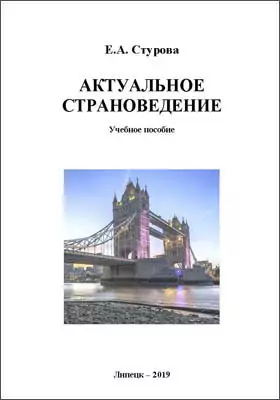

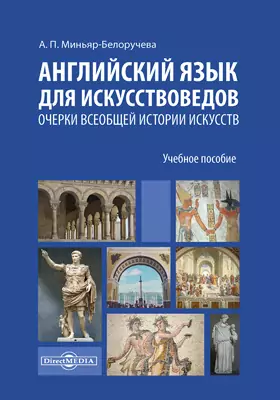

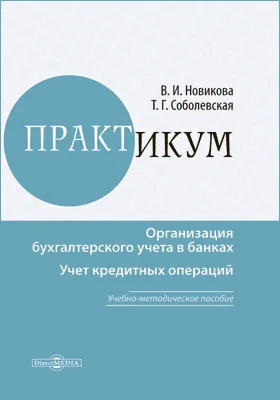
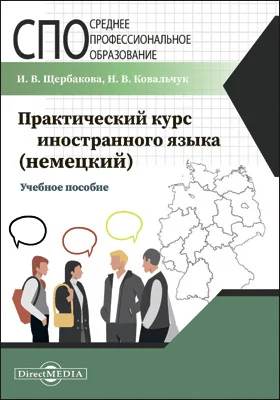
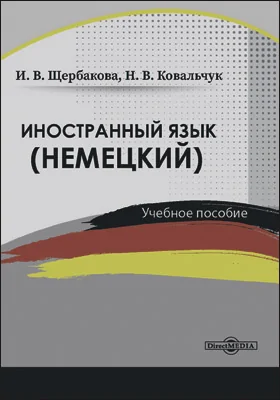


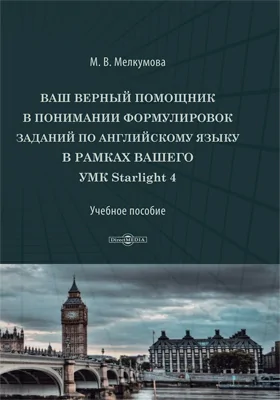

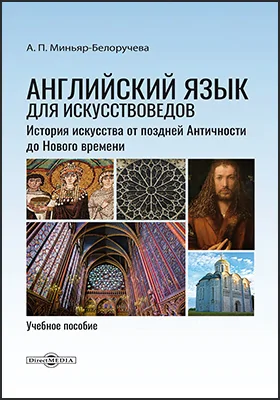

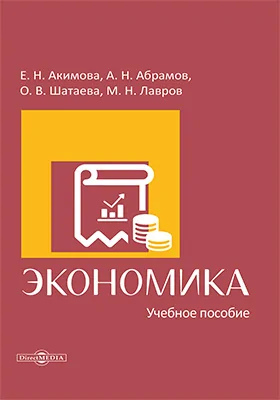
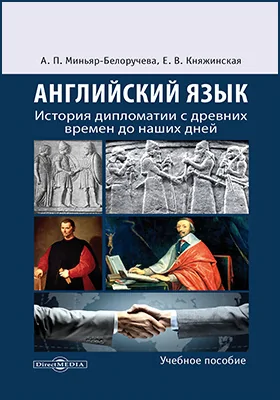
Бестселлеры нон-фикшн
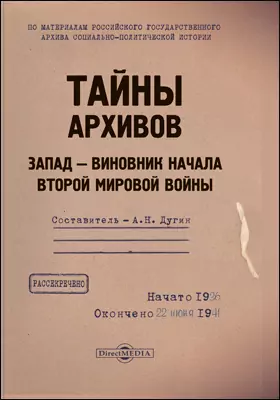

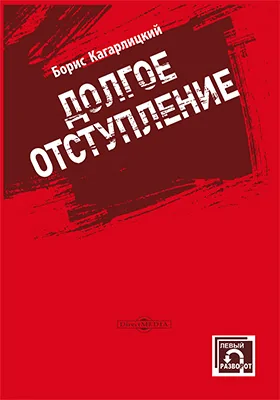


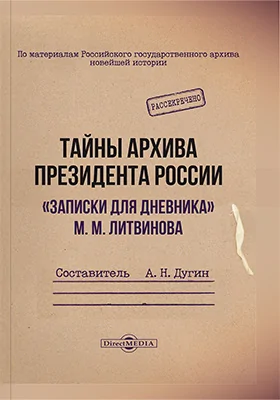
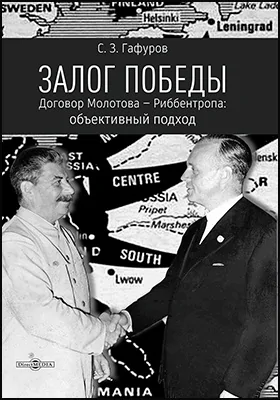
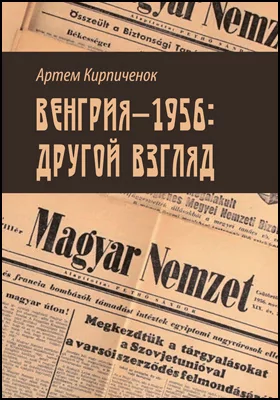
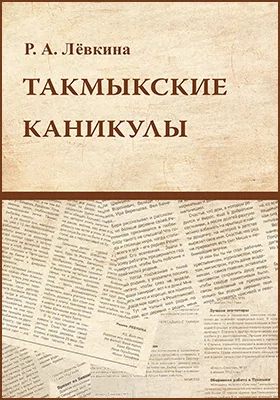
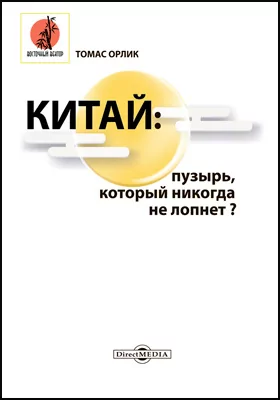

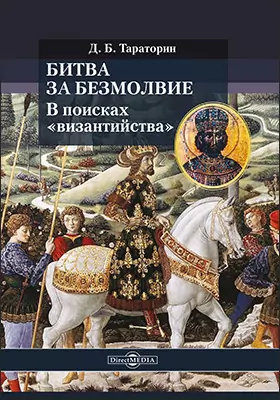

Новинки книги нон-фикшн

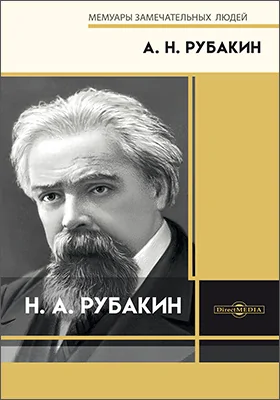
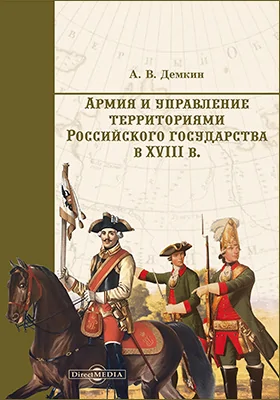


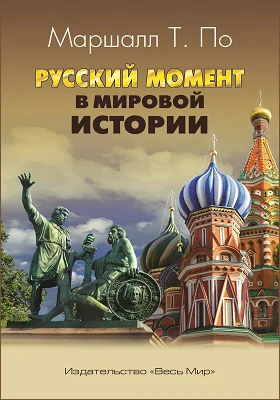

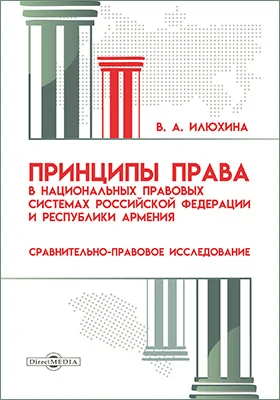

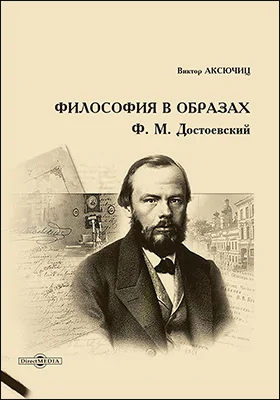
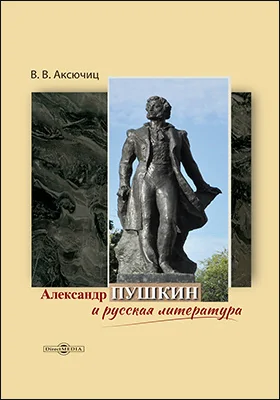
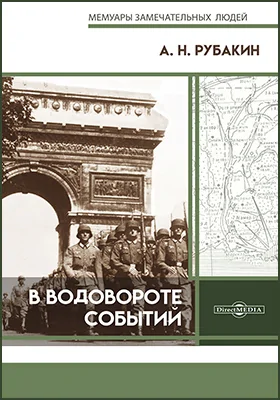

Миньяр-Белоручева А. П. другие книги автора

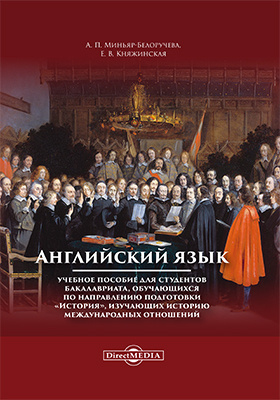
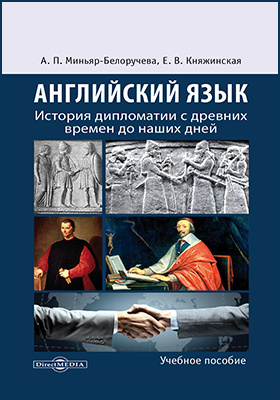
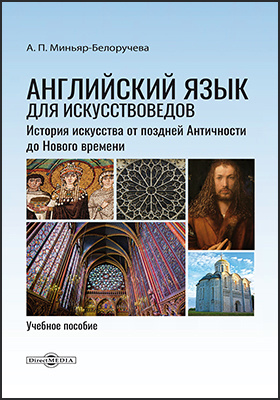
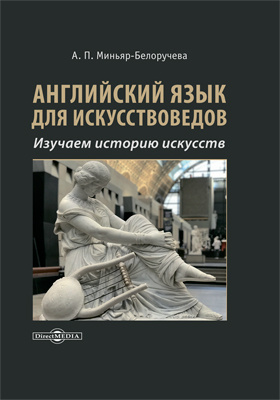
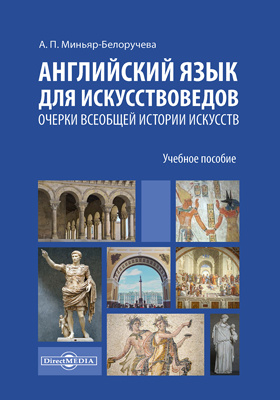
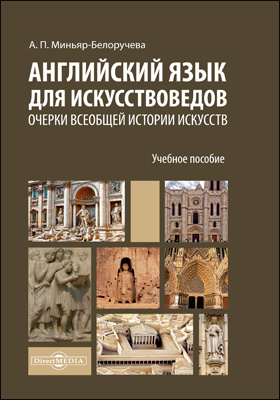
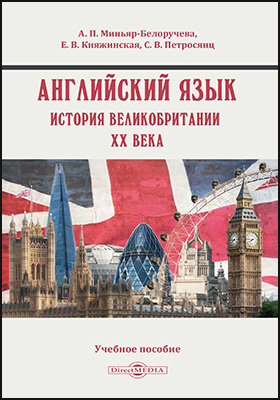
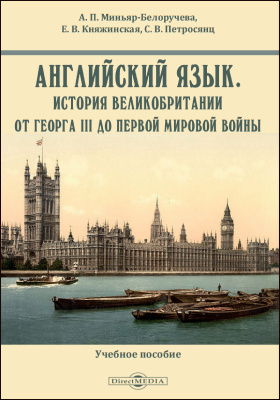
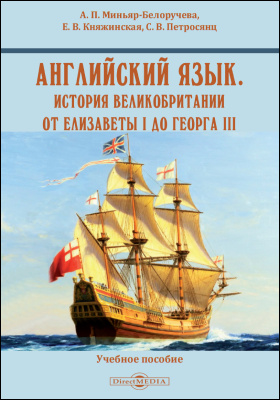
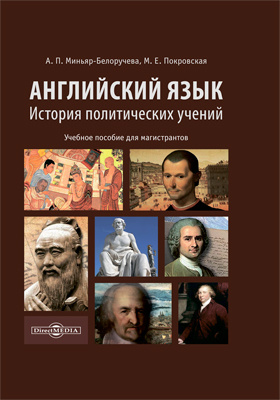
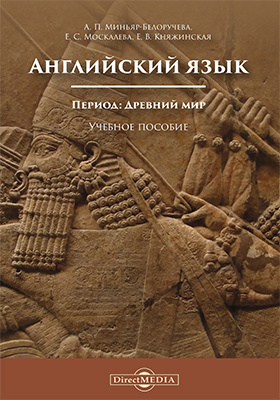
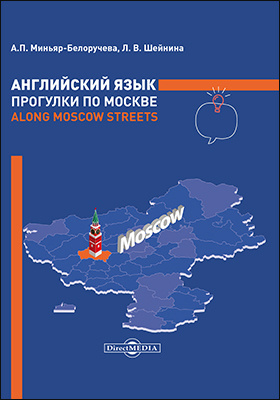
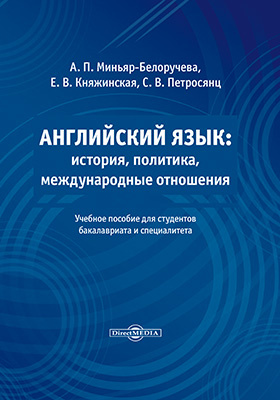
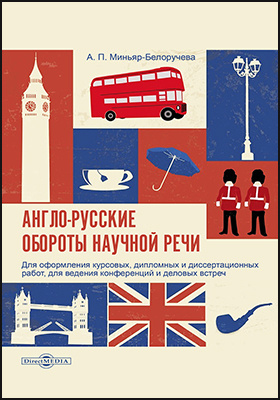
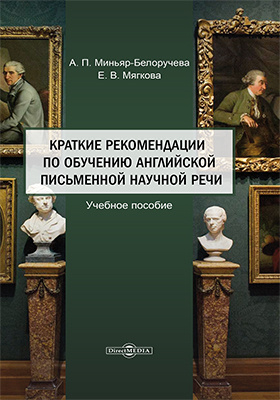

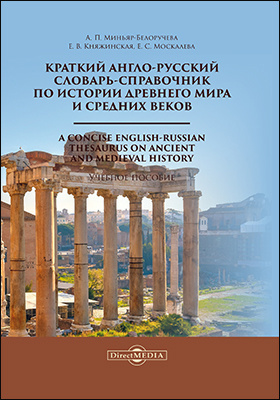
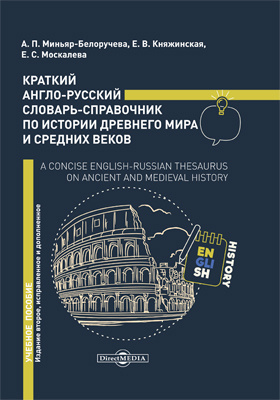
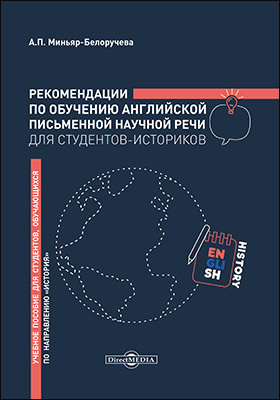
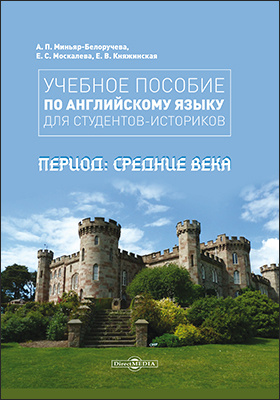
и мы свяжемся с вами в течение 15 минут
за оставленную заявку

